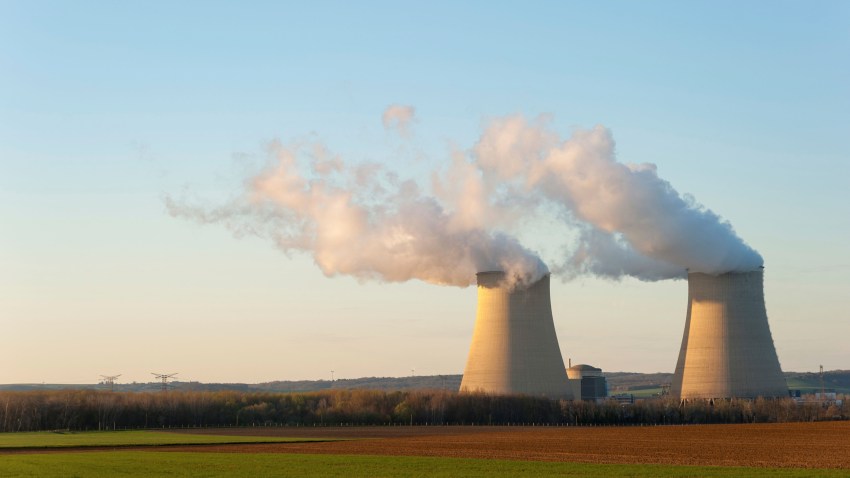Even before the blockbuster success of this summer’s “Oppenheimer” biopic, the nuclear era was back in the public imagination. To begin with, a massive, years-long global civil society campaign highlighting the humanitarian impact of nuclear weapons culminated in the signing in 2018 of the Treaty on the Prohibition of Nuclear Weapons. At the same time, nuclear brinksmanship made a comeback, first in former U.S. President Donald Trump’ standoff with North Korean leader Kim Jong Un over Pyongyang’s nuclear weapons program from 2016 to 2018, and now in Russian President Vladimir Putin’s repeated—if veiled—threats regarding the potential for nuclear escalation in Ukraine. It is perhaps no surprise, then, that in January 2023, the Bulletin of the Atomic Scientists moved its famous Doomsday Clock to “90 seconds before midnight.”
Though the Doomsday Clock is an unscientific measure of the risk of nuclear catastrophe, these trends have reignited debate among experts on the best way to reduce that risk, which is real. Nuclear deterrence experts believe that nuclear weapons make great power war less likely and, as a result, the world safer. They want to update and modernize nuclear arsenals, and the nuclear industry is engaged in a propaganda campaign to ensure support for such efforts. In contrast, nuclear disarmament activists view nuclear weapons as a scourge. They want to mobilize public support for nuclear disarmament before it’s too late. Between these two extremes sits the nonproliferation crowd, who view nuclear weapons technology as an inescapable reality, but one that gets more dangerous the wider it spreads. They emphasize practical safeguards, guardrails and verification schemes to make sure its spread is contained.
While they disagree on many things, it’s fair to say all these communities of practice have two things in common. First, they agree that shoring up the taboo against nuclear first use is a good idea, even if they disagree on how best to do that. And second, they all want to know about how the public can be sold on their particular view of nuclear security, for they all believe that the future of humankind depends on it, to say nothing of government budgets, industry contracts and diplomatic agreements.

